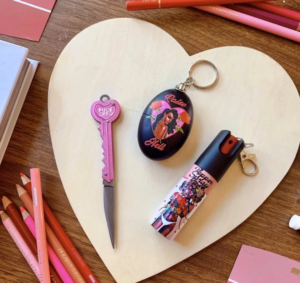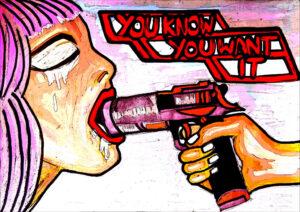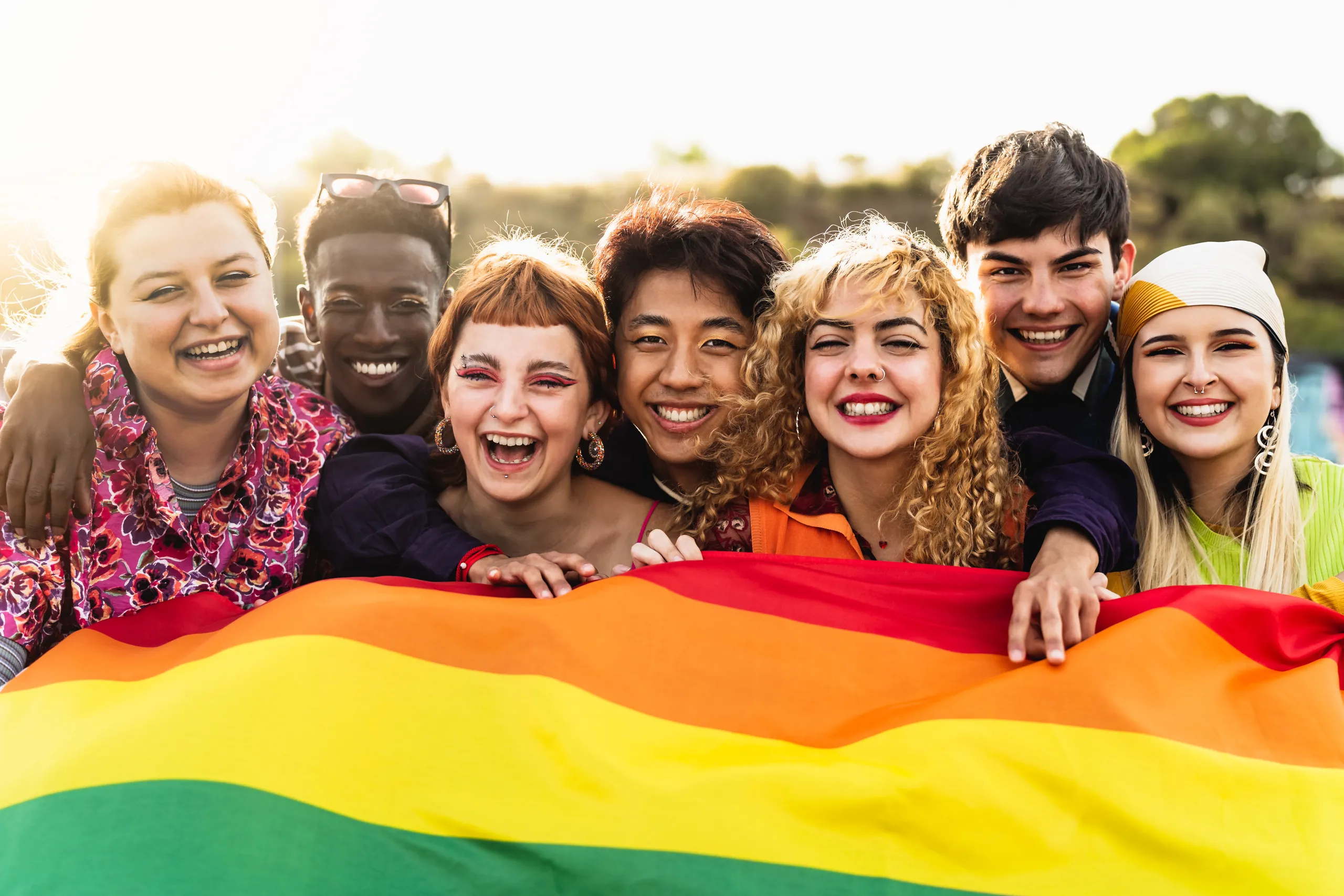
Em-URGE-ing Voices
Your urgent thoughts, urging action.
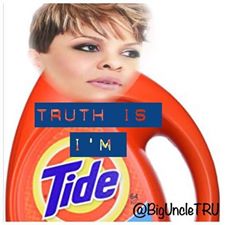
Marginalized folks—Don't Feel Guilty for Opting Out of Social Justice Movements

Girl Boss Capitalism is Still Capitalism
I'm not excited about Asian representation at Coachella and here's why
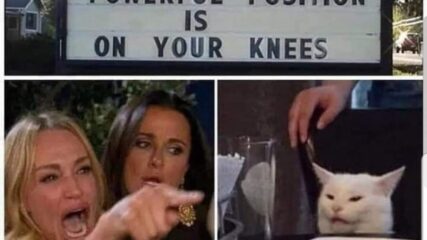
What The Color Purple Taught Me About Sexual Freedom
Let's talk about environmental racism in Alabama

Let's Leave Pussyhat Feminism in 2019
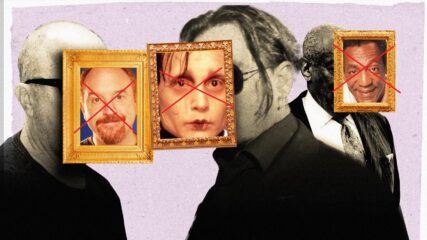
Abusers Ruin Everything
Achieving mindfulness in activism
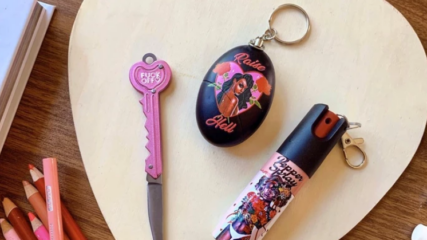
Dismantiling Rape Culture via The Arts
Trigger Warning/Content Warning: Sexual Assault and R*pe
Somehow, I think we are finally experiencing a culture shift with rape culture. I don’t know exactly what I was expecting this change to look like, but I knew it was going to be a slow process. Earlier this year I was involved with a movement that focused on shifting culture in our communities to combat the issue of rape culture. After conversations with others, various protests, and an entire conference, we were able to get our community to see how much rape culture is embedded in our everyday lives. With this insight, we can move forward and try to do better than past generations.
Recently I realized how much art is contributing to the dismantling and destruction of rape culture. In her song “Invitation,” rapper Ashnikko speaks about how rape culture. During the hook, Ashnikko says, “This is not an invitation, f**k you mean you need it?, f**k you mean you RSVP’d? I don’t need a reason.” The tone of “yeah, I said ‘no’, now beat it creep” is what gets me every time. The catchy beat of the song, coupled with the amazing illustrations from artist Venus Libido, gives listeners a memorable tune that you’ll find yourself singing in the shower or humming while walking. Plus it’s a great song to send to weirdos in your DMs that just don’t seem to understand. Thank you for normalizing, “No!”, Ashnikko.
I’ve been following the artist Alythuh on Twitter (@ Alythuh) for a while, and besides the fact that her art is beautifully unique and intricate, she is also on the self-defense empowerment train. In her art shop, she has a mini self-defense kit available, that is illustrated beautifully. This kit has pepper spray, an emergency alarm, and a mini key knife. A great trio of self-defense objects to have, but the fact that they also have amazing art by them? Say less, and take all my money. Alythuh’s approach of making self-defense into something beautiful and cutesy is the embodiment of the culture shift in rape culture we need. We need to be armed and ready to protect ourselves and our communities, and we’re going to do it in style.
A piece by visual artist, illustrator, and writer Charlotte Farhan, called Rape Culture Relies on Capitalism, delves into the oppression that rape culture causes and connects it to the violence that capitalism has instilled and promoted in our society. The piece leaves us with the idea that capitalism, inherently is, rape culture. Her written piece also includes her art, a painting called “You Know You Want It”, capturing the fetishization, violence, and pornographic usage of guns in pop culture against women.
While many of the narratives I have given in regards to rape culture have primarily been around the abuse experienced by women, femmes, non-binary people, and young girls, it doesn’t go to say that men don’t experience or have to live with the consequences of rape culture. I think the one thing we can agree on is that rape culture does not discriminate, and many men have been subjugated to sexual abuse and trauma. That is why when we work towards combatting rape culture, we must create spaces for our stories to be shared, and for healing to begin and occur. We cannot assume and will never know the experiences that other people have and carry with them, so we must build communities that do not paint the picture of rape and sexual assault as only one thing. We all live with the internalized harm that rape culture brings.
We need to normalize conversations about rape culture and know the different avenues people take in perpetuating it. These things will lead to a culture shift. I often come to this brick wall of how simple I believe it is to understand what rape culture is, yet how complex and interconnected it is with other systems of abuse and power. I find myself at times invalidating my own experiences with rape culture because I don’t even know where to begin in the explanation of what happened and why it was wrong. And that’s ok because not every experience needs to be relived or explained. Not every experience needs to be analyzed and deconstructed. But that is how, through the arts, we have been able to see expressions of our encounters with rape culture that we can collectively experience and make into something beautiful, raw with emotion, available, and open to the world.
The main goal of the dismantling and destruction of rape culture is healing and solitude. This is what helps bring accountability, change, and prevention. Again, our communities are our homes, and together, we can help our people take away their internalized and projecting rape culture, and make safer spaces for us to exist in, and for our future generations to grow in.

